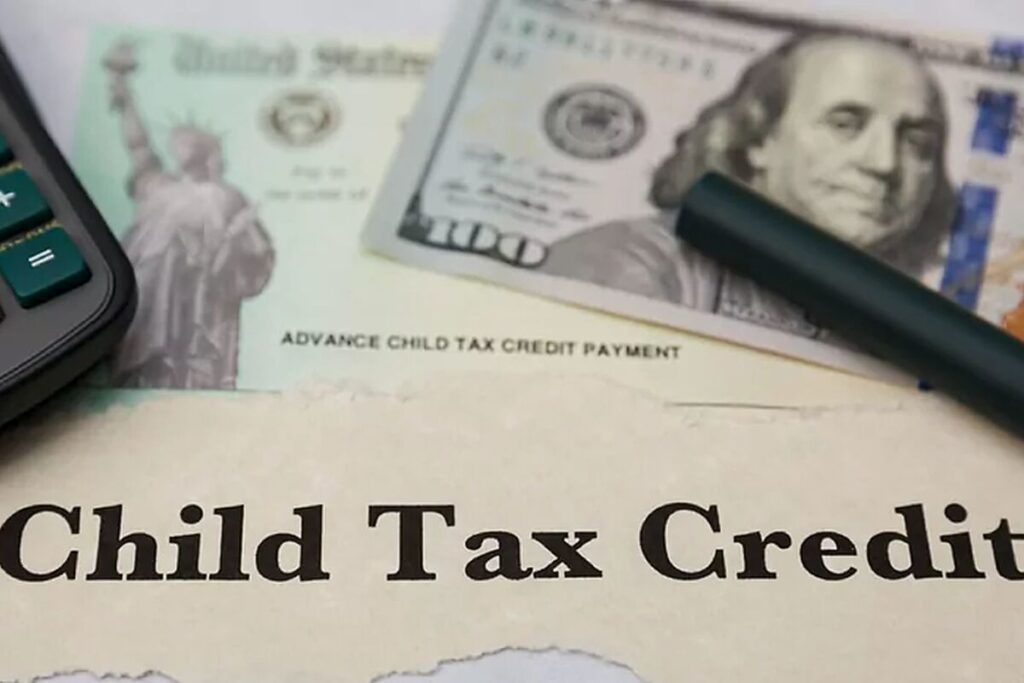
Child Tax Credit: The U.S. House of Representatives has voted decisively, with a margin of 357-70, to pass a $78 billion tax package named the Tax Relief for American Families and Workers Act of 2024. The bill, which now heads to the Senate, is designed to expand the child tax credit and reintroduce certain tax incentives for businesses.
The bipartisan support for the bill was evident during the House debate, where both Democrats and Republicans endorsed the agreement reached between Missouri Republican Rep. Jason Smith and Oregon Democrat Ron Wyden, who respectively chair the House’s tax-writing committee and the Senate’s Finance Committee.
The child tax credit expansion has been a focal point of the bill, with Republicans emphasizing its continuation from the 2017 tax law passed during the Trump administration. The expansion aims to provide support to families grappling with inflation while maintaining work requirements and removing penalties for families with multiple children.
Read Also: Groundhog Day 2024 Weather Forecast: Overcast Skies Hint at Early Spring Predictions
Massachusetts Rep. Richard Neal, the leading Democrat on the tax-writing committee, acknowledged that the bill wasn’t his ideal, but he deemed it sensible policy. He criticized far-right Republicans who referred to the child tax credit as “welfare,” vehemently opposing the notion that addressing childhood poverty is welfare.
A group of far-right Republicans, including Bob Good, Matt Gaetz, Thomas Massie, Scott Perry, and Chip Roy, raised concerns about child tax credit payments potentially going to undocumented immigrants. However, Georgia Republican Rep. Drew Ferguson rejected these claims, emphasizing the importance of investing in America and American jobs.
Connecticut Democratic Rep. Rosa DeLauro, a progressive member, expressed her opposition to the bill, calling it a “mockery of representative government” for favouring big corporations over middle- and working-class families.
If passed by the Senate, President Joe Biden is expected to sign the bill. The White House press secretary has expressed support for the legislation.
Child Tax Credit Provisions:
- The bill proposes an expansion of the child tax credit, reaching a maximum of $1,800 in 2023, $1,900 in 2024, and $2,000 in 2025. This expansion would expire after three years.
- The current child tax credit is up to $1,600 per child.
- The expansion falls short of the levels approved during the COVID-19 pandemic, where the maximum reached $3,000 or $3,600 for children under 6 years old.
Business Incentives:
- The bill includes tax incentives for businesses, allowing immediate deductions for research and development investments made within the United States.
- It aims to strengthen America’s competitive position against China by addressing double taxation for businesses and workers with a presence in both the United States and Taiwan.
Other Provisions:
- The legislation seeks to enhance the low-income housing tax credit to make housing more affordable.
- Some provisions aim to assist communities in recovering from natural disasters, providing tax relief for families affected by hurricanes, wildfires, flooding, or other disasters.
- The bill would be funded by ending the employee retention tax credit for businesses that retained employees during the COVID-19 pandemic.
The Senate Majority Leader, Chuck Schumer, has expressed support for the bill, and discussions are underway regarding the timing and process for a Senate vote. Senate Finance Chairman Ron Wyden is optimistic about a swift vote and defends the bill’s focus on immediate needs.
Read Also: Lewis Hamilton Rumored to Make Shock Move to Ferrari in 2025, Partnering with Leclerc
Critics in the Senate, including Republicans Shelley Moore Capito, Thom Tillis, and Todd Young, have voiced concerns about the bill’s comprehensiveness, its pay-for mechanism, and the lack of opportunity for input. Amendments may be proposed during the Senate review.
The fate of the Tax Relief for American Families and Workers Act of 2024 now rests in the hands of the U.S. Senate, with the potential for further adjustments and debates before reaching President Biden’s desk.



